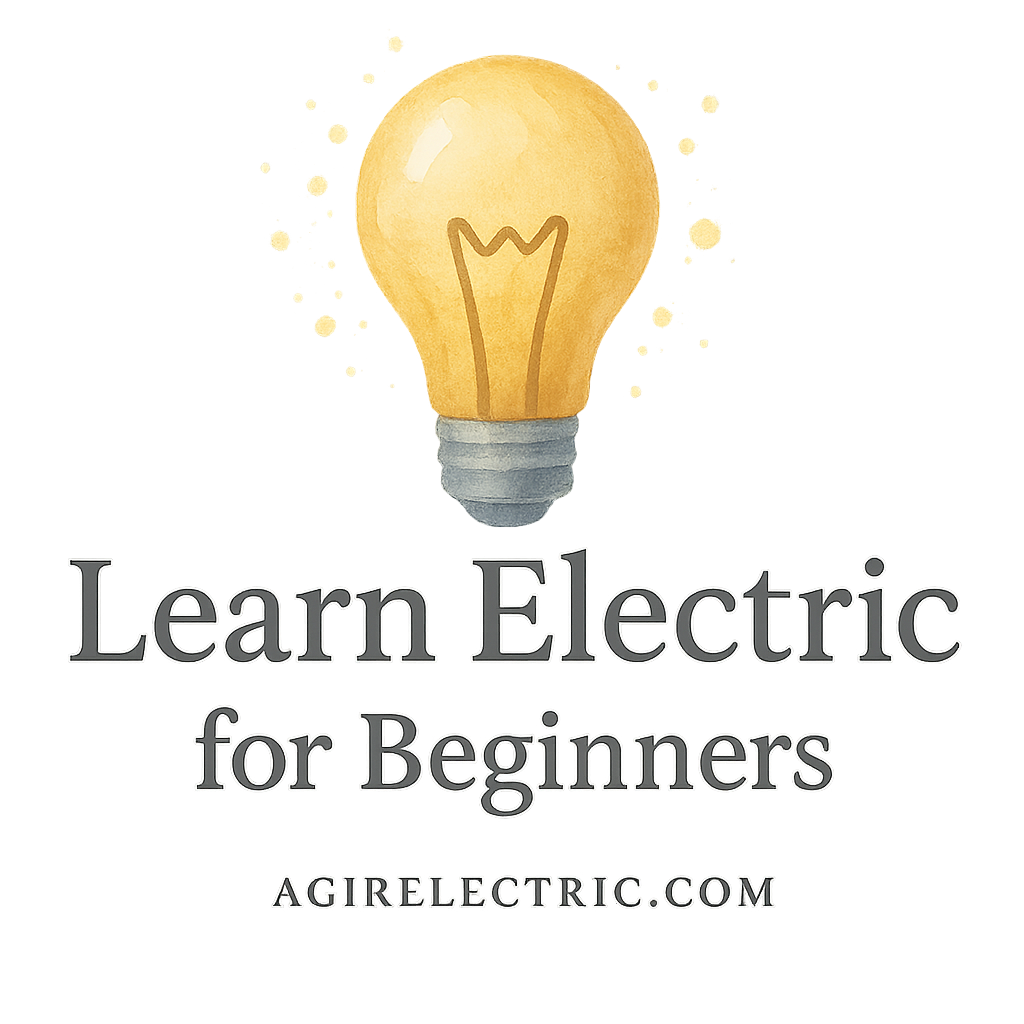Introduction to Electric Tools
Stepping into the world of electrical DIY projects? Awesome! But before you dive headfirst into wires and circuits, let’s get real—having the right tools makes all the difference. Whether you’re fixing a broken outlet or upgrading your lighting system, you need tools that are beginner-friendly yet reliable.
Why Beginners Need the Right Tools
Let’s face it—working with electricity isn’t something to wing. It demands attention, care, and the correct tools. For beginners, the right electric tools can mean the difference between a safe, successful job and a potentially dangerous situation.
Safety First: A Quick Reminder
Before we talk tools, let’s touch on something even more important—safety.
Understanding Electrical Safety
Electricity is no joke. A single wrong move could lead to injury or worse. It’s crucial to understand the basics of electric safety. Visit Electric Safety Precautions for a full guide.
Importance of Protective Gear
You wouldn’t ride a bike without a helmet, right? So don’t start an electric project without gloves, safety goggles, and insulated gear. This gear is your first line of defense.
1. Multimeter – Your Diagnostic Buddy
What Is a Multimeter?
A multimeter measures voltage, current, and resistance. It’s like a stethoscope for your home’s electric system. You’ll use it to test outlets, batteries, and troubleshoot issues.
How Beginners Can Use It
Learning how to use a multimeter is a game changer. For a beginner-friendly guide, check out Electric Basics for Beginners. Also, visit the multimeter tag to explore related tools and tutorials.
2. Wire Strippers – Strip with Precision
Features to Look For
Wire strippers remove the insulation from electrical wires without damaging the metal inside. Look for adjustable gauges and ergonomic handles. Good strippers make your wiring job cleaner and quicker.
3. Voltage Tester – Double Check Before You Touch
Why a Voltage Tester Is Essential
Always test before you touch! A voltage tester tells you whether a wire is live. It’s a non-negotiable safety tool. Bookmark the diagnose tag for more tips.

4. Screwdrivers – Not Your Average Set
Insulated Screwdrivers vs. Regular Ones
Invest in insulated screwdrivers. Unlike regular ones, they protect you from electrical shock. A set with multiple heads (Phillips, flathead, etc.) is ideal. Visit Electric Tools Equipment to build your toolbox.
5. Pliers – Grip and Twist with Ease
Types of Pliers You’ll Need
From needle-nose to lineman’s pliers, these tools help you bend, twist, and grip wires. They’re essential for connecting or disconnecting wires safely.
6. Electrical Tape – More Than Just Tape
Using Electrical Tape Correctly
Don’t use just any tape—electrical tape is specially designed to insulate wires and prevent shorts. Use it to wrap wire nuts or cover exposed copper. Learn more at Home Electric Projects.
7. Wire Cutters – Slice Without Fray
Selecting the Right Type
Wire cutters make clean cuts without damaging surrounding insulation. Choose sharp, durable ones. Visit the fix tag for guidance.
8. Drill/Driver – Power in Your Hands
Corded vs. Cordless for Beginners
A drill/driver lets you drill holes and drive screws. Cordless ones offer flexibility, while corded ones are reliable for extended use. Choose what fits your project style.
9. Fish Tape – The Unsung Hero
Best Practices for Using Fish Tape
Running wires through walls? Fish tape is your best friend. It helps you pull wires through tight spots without damage. A must-have for any home improvement DIYer. Read more at the wiring tag.
10. Circuit Finder – Locate with Accuracy
How to Use a Circuit Finder
No more guessing which breaker to flip. A circuit finder lets you identify which outlets correspond to which breaker. Makes life easier and safer. Perfect for those who love to learn electric.
Building Your First Toolkit: Pro Tips
Start small but smart. Prioritize quality over quantity. Stick with tools that serve multiple functions. Visit Electric Tools & Equipment to get a head start.
Final Thoughts: Empower Your DIY Journey
Mastering basic electric tools is like learning the alphabet before writing a novel. Start slow, follow safety tips, and practice regularly. Check out our full suite of beginner resources at Agir Electric. Ready to upgrade your toolbox? You’ve got this!
FAQs
1. What’s the first electric tool I should buy as a beginner? A multimeter! It helps diagnose problems and is incredibly beginner-friendly.
2. Are cordless drills better than corded ones? It depends. Cordless drills are more portable, but corded ones have more consistent power.
3. How do I know if my wire is live? Use a voltage tester every time before touching wires.
4. Can I use regular screwdrivers for electric work? Technically yes, but insulated screwdrivers are much safer.
5. What’s the use of fish tape? Fish tape helps you guide wires through walls or conduits easily.
6. Why do I need electrical tape specifically? It insulates wires and prevents shorts—regular tape won’t do.
7. Where can I learn more about electric tools and DIY projects? Visit Agir Electric’s Learn Section and the DIY Tag for tutorials, tips, and guides.


